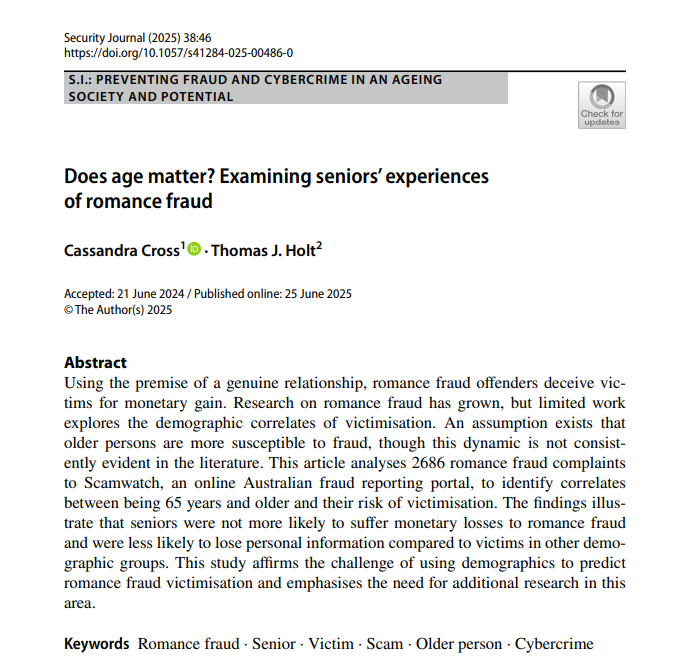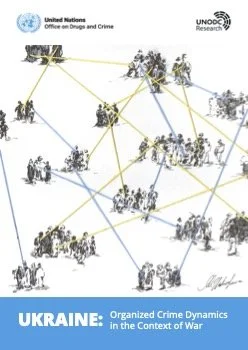By The United Nations, Office of the High Commissioner for Human Rights
This briefing paper sets out human rights concerns arising since early 2021 from online scam operations including their link to human trafficking in Southeast Asia as well as recommendations drawn from international human rights standards. These concerns occur in the context of wide-ranging digital criminal activity such as romance-investment scams, crypto fraud, money laundering and illegal gambling. At the time of writing this paper, the situation remains fluid: hundreds of thousands of people from across the region and beyond have been forcibly engaged in online criminality, States within the region are trying to identify actions and policies to address this phenomenon, while criminal actors are reacting by finding ways to change and relocate their operations, building new centres across the region and upgrading existing compounds. At the outset it is important to acknowledge that there are two sets of victims in this complex phenomenon. People who have been defrauded through online criminality are victims of the financial and other crimes committed by these scam operations. Many have lost their life savings, taken on debt and suffered shame and stigma for having been scammed. On the other side, individuals who are coerced into working in these scam operations and endure inhumane treatment are victims of serious human rights violations and it is their situation that is the focus of this briefing paper. People who are forced to take part in online scams are most often trafficked persons and migrants in vulnerable situations who face a range of human rights risks, violations and abuses. A human rights-based approach to this complex situation means not merely addressing organised crime or enforcing border controls, but seeks to place the victims at the centre of the response, by addressing structural factors, tackling impunity and providing protection and justice for victims of trafficking and migrants in situations of vulnerability. Human trafficking is a recognised criminal offence under international law and many of the practices associated with trafficking constitute violations under international human rights law. Violations of human rights are both a root cause of trafficking and can occur throughout the trafficking cycle. The majority of people trafficked into online scam operations are men, although women and children are also among the victims. Most are not citizens of the countries in which the trafficking occurs, however reports have indicated that at least in some countries nationals are also being targeted. People who have been trafficked into online forced criminality face threats to their right to life, liberty and security of the person. They are subject to torture and cruel, inhuman and degrading treatment or punishment, arbitrary detention, sexual violence, forced labour and other forms of labour exploitation as well as a range of other human rights violations and abuses. This briefing paper is primarily focused on migrants who have endured trafficking and other human rights violations in the context of the scam operations, while acknowledging that the concerns and guidance contained here apply equally in most cases to citizens in this situation. The information in this briefing paper draws on primary and secondary research by the UN Human Rights Office, including victim testimony, as well as the work of the UN human rights mechanisms and information from other UN entities, supplemented by open-source information. While not exhaustive, Section A seeks to draw attention to the many serious human rights issues that result from this emerging phenomenon. Section B offers guidance to States and other stakeholders drawing from human rights standards and offers targeted recommendations aimed at ensuring responses are human rights-based. The briefing paper was transmitted to the relevant States for factual comments prior to publication
Bangkok: OHCHR, 2023. 38p.






